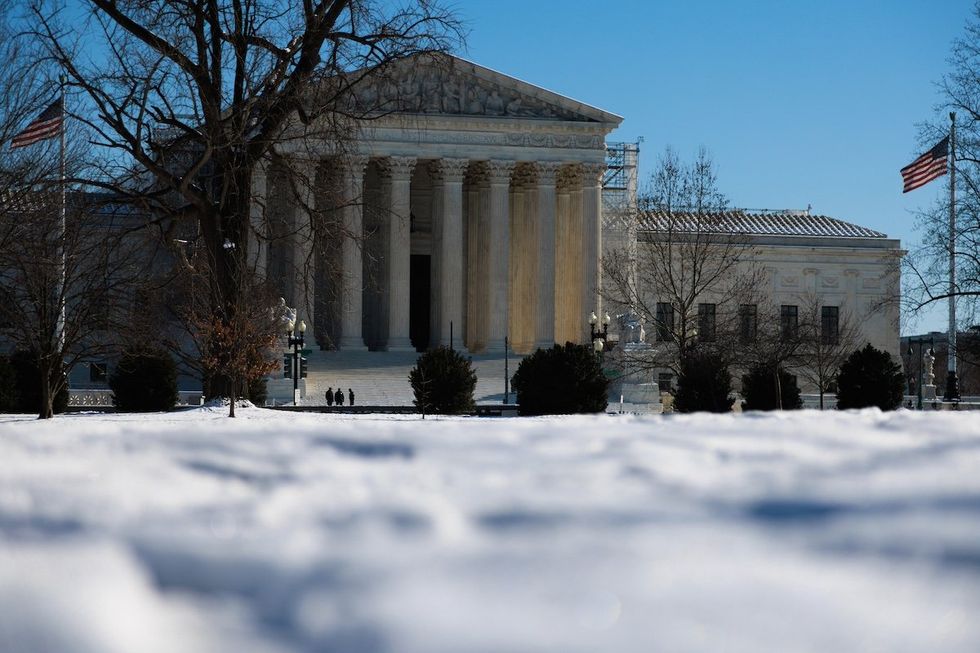The Supreme Court heard arguments in a case that could strip government agencies of their power to regulate industries.
The case was brought by fishermen in New Jersey and Rhode Island who contested a federal regulation that attempted to stop overfishing by requiring commercial fishermen to pay roughly $700 per day for federal monitors of their vessels.
The regulation has since been suspended and its costs refunded, but two conservative legal groups have brought the case to the Supreme Court because it is perfect for attacking the Chevron doctrine.
What is that?: The doctrine, which takes its name from the 1984 Chevron v. Natural Resources Defense Council decision, requires courts to defer to agencies’ reasonable interpretations of laws. This is the legal basis of most government regulation. It is also one of the most cited cases in American law, but this court has proven it isn’t afraid to overturn precedent.
Taking sides?: Conservative justices showed skepticism about Chevron, arguing that it allows agencies to change tack on regulation with each new administration. But Liberal justices worry that overturning it could mean that the courts and Congress – as opposed to exports and career professionals in federal agencies – will become the regulators of everything from AI to pharmaceuticals.
Why it matters: If Chevron is negated, it would give more power to the courts while ushering in a period of deregulation and a deluge of litigation from companies filing for their regulations to be overturned. Decades of regulation involving the environment, the stock market, on-the-job safety, health care, consumer safety, and guns are all expected to be affected if Chevron is thrown overboard.



















